Innovation on wheels: the Hankook tire revolution with 3D printing
Overcoming traditional limits: how Hankook transformed tire design with elastomeric materials and additive manufacturing
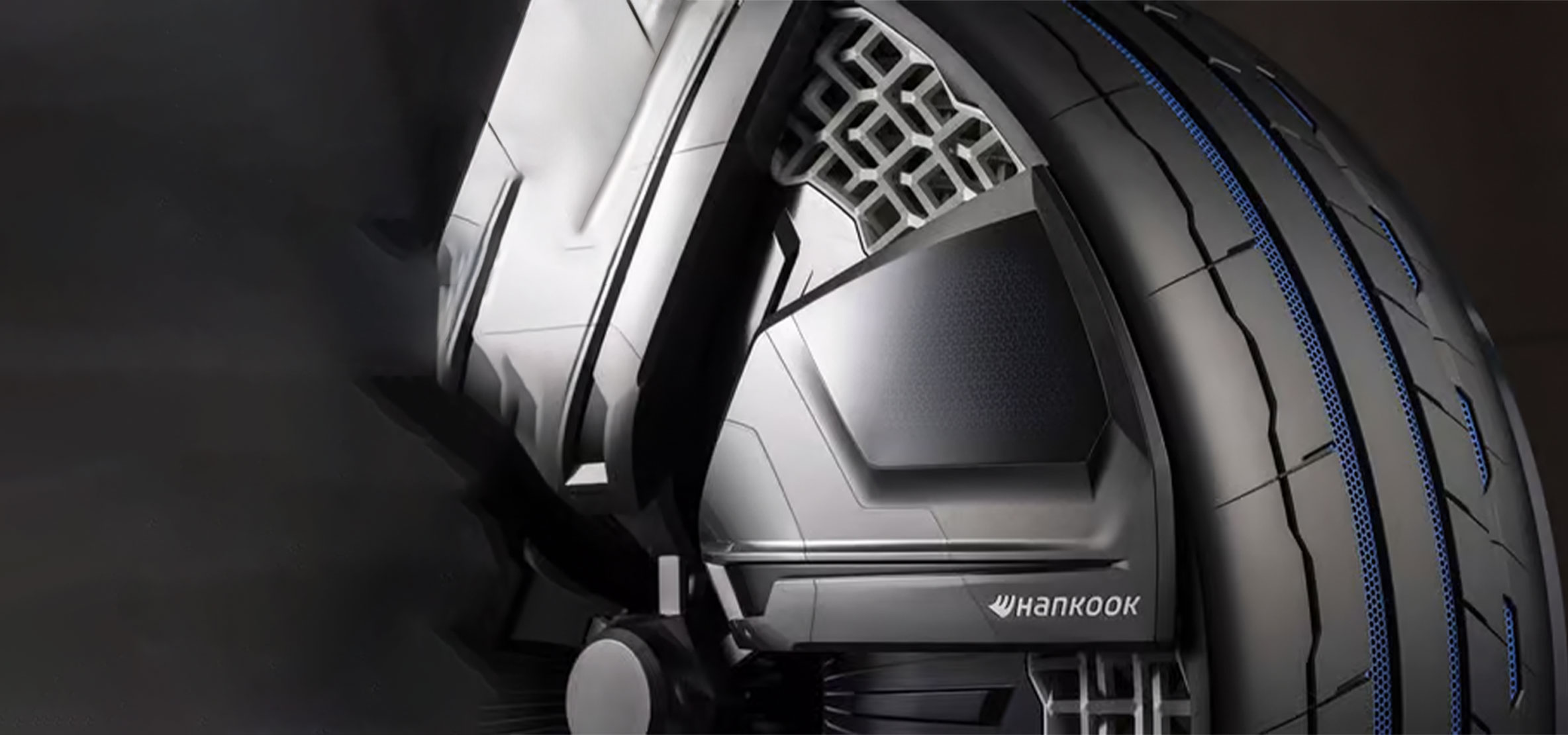
The Company: Hankook Tire & Technology
Hankook Tire & Technology, located in Seoul, goes beyond just tire manufacturing, placing special emphasis on electric vehicles and cutting-edge innovation. The company met the need to speed up innovation while keeping costs low, especially in the development of its innovative non-pneumatic tire (NPT) i-Flex, which would become a key element of its award-winning autonomous mobility platform, HPS-Cell.
The Need: Rapid innovation and cost reduction
Hankook was faced with the need to speed up the process of designing and testing complex tires and wheels while trying to minimize expenses. Traditional methods, based on 2D drawings and subsequent 3D CAD modeling, culminating in the production of aluminum molds, were found to be cumbersome and slow, with iterations that could take months.
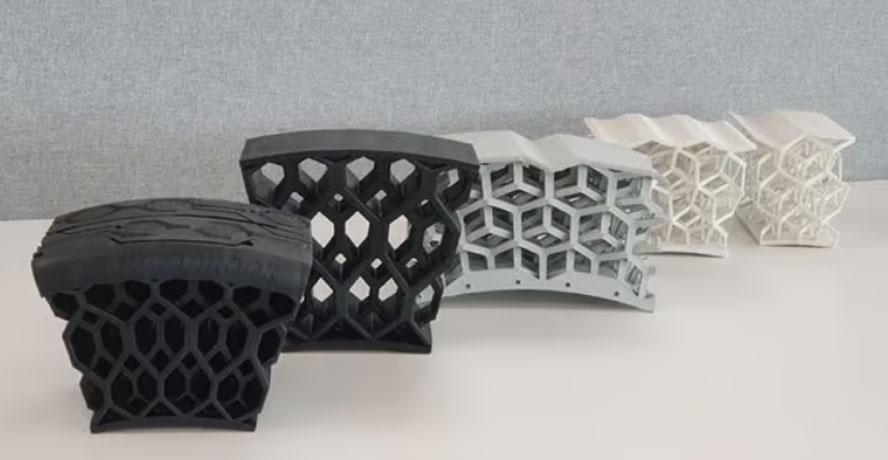
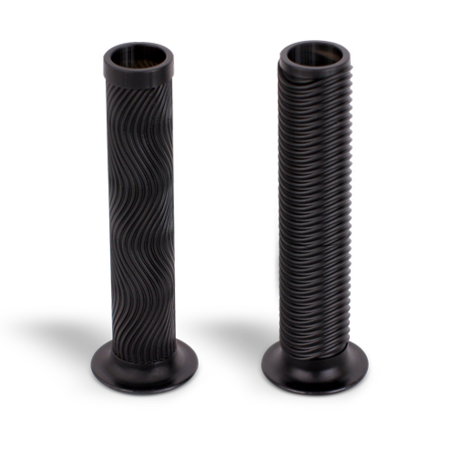
“The main purpose of using 3D printing is to communicate better with research and development people before building the mold to produce the tire. Traditional molds are machined, and development costs a lot of time and money. Now, using additive manufacturing technologies, we can work faster with R&D people to rethink the shape or structure using small portions of the structure and then Test our prototypes for safety, noise and other parameters”
The Solution: 3D printing with elastomeric materials and additive manufacturing
To overcome these challenges, Hankook adopted additive manufacturing technologies from 3D Systems, such as Figure 4 resin 3D printing for the support structures and selective laser sintering (SLS) to make the structures for the metal parts. A key factor has been the use of elastomeric materials in 3D printing, particularly Figure 4 resin RUBBER-65A BLK. This material, which has mechanical properties similar to those of thermoplastic, made it possible to produce elastomeric treads with excellent resilience and durability, crucial to the innovative design of NPT tires.
Figure 4 RUBBER-65A BLK is a material with tear strength suitable for the production of medium-hard rubber parts with slow rebound. It lends itself to applications such as grips, handles, gaskets, bumpers, sealing elements, vibration damper components, and more.
Benefits Achieved:
1. Lightning-fast iterations: The time required to move from one iteration to the next has been drastically reduced from weeks or months to days, thanks to the ability to rapidly produce physical prototypes for testing and evaluation.
2. Overcomes limitations of conventional machining: Additive manufacturing has made it possible to produce complex structures, such as the biomimetic structures envisioned for NPTs, that would have been impractical with conventional methods.
3. Efficient Design Validation: 3D printing has facilitated rapid testing of safety, noise, and other critical parameters, allowing immediate verification of design performance.
4. Wide range of materials: The use of elastomeric materials such as Figure 4 RUBBER-65A BLK resin has expanded design possibilities, offering flexibility, durability and resilience characteristics ideal for NPT tires.
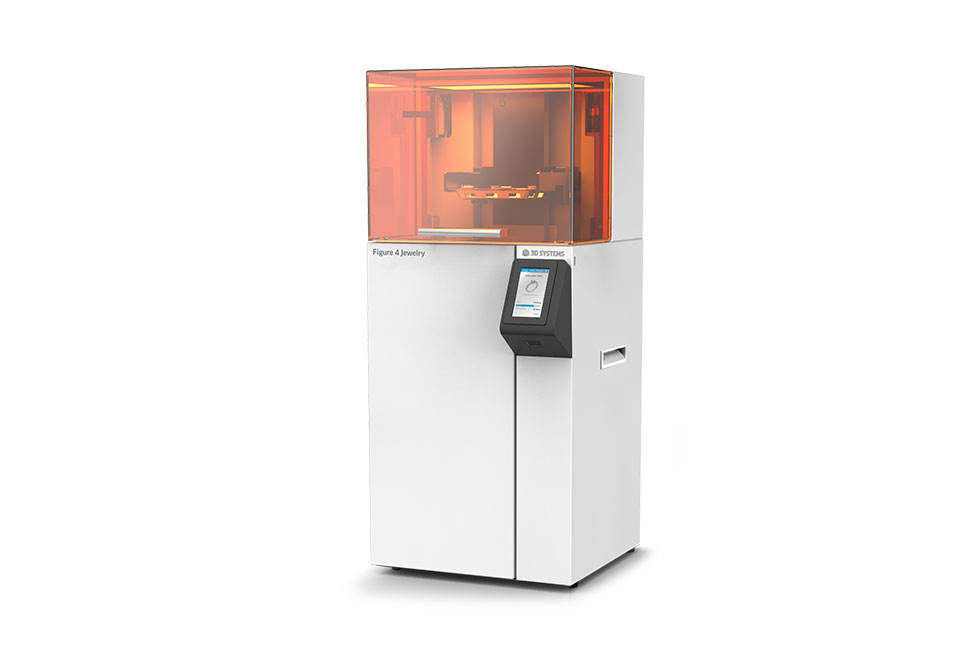
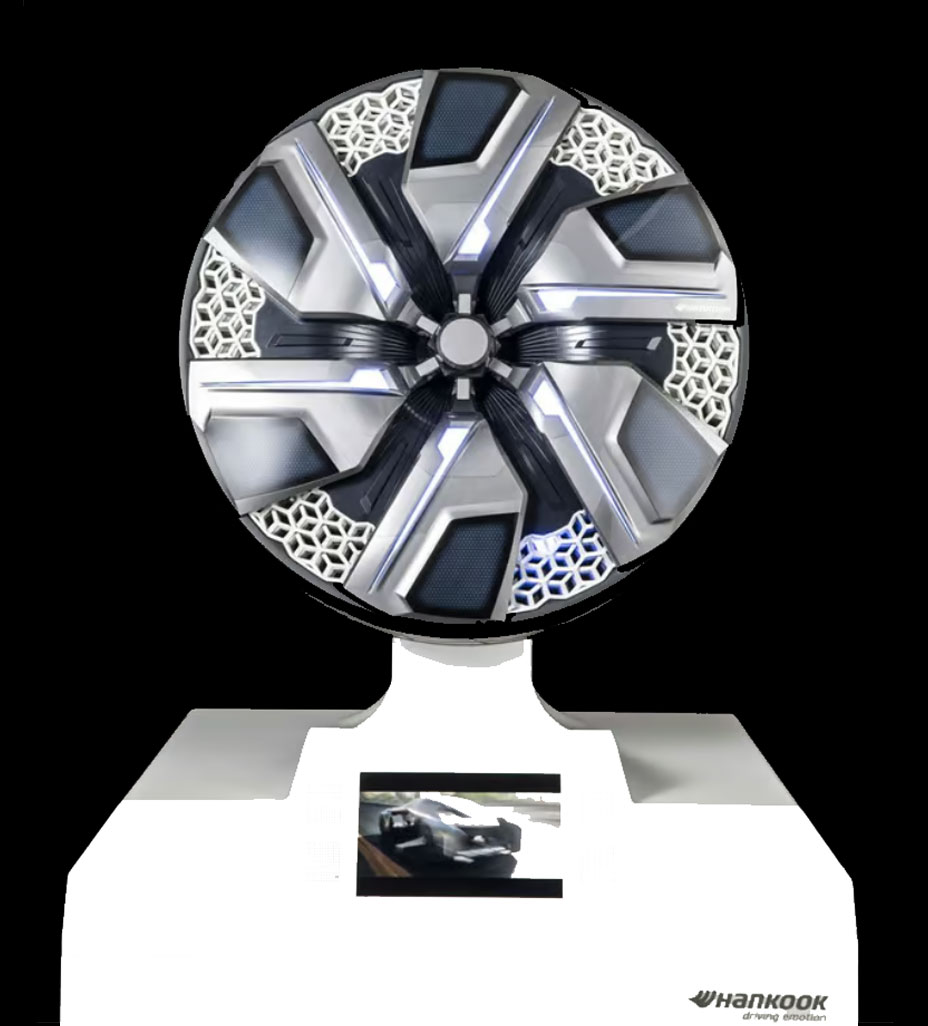
“One of the main reasons we chose 3D Systems' solution over others a is the wide range of materials available. Figure 4 meets all our material requirements and is fast. Time saving, reliability, support, and efficient troubleshooting were key decision factors for us. In my opinion, it is one of the best additive manufacturing systems in the world
”
3DZ, an experienced partner
Want to learn more about the potential of a resin 3D printing system like Figure 4, which offers a wide range of specific materials for a variety of applications? Request a contact with one of our 3D printing experts.
Contact Us
